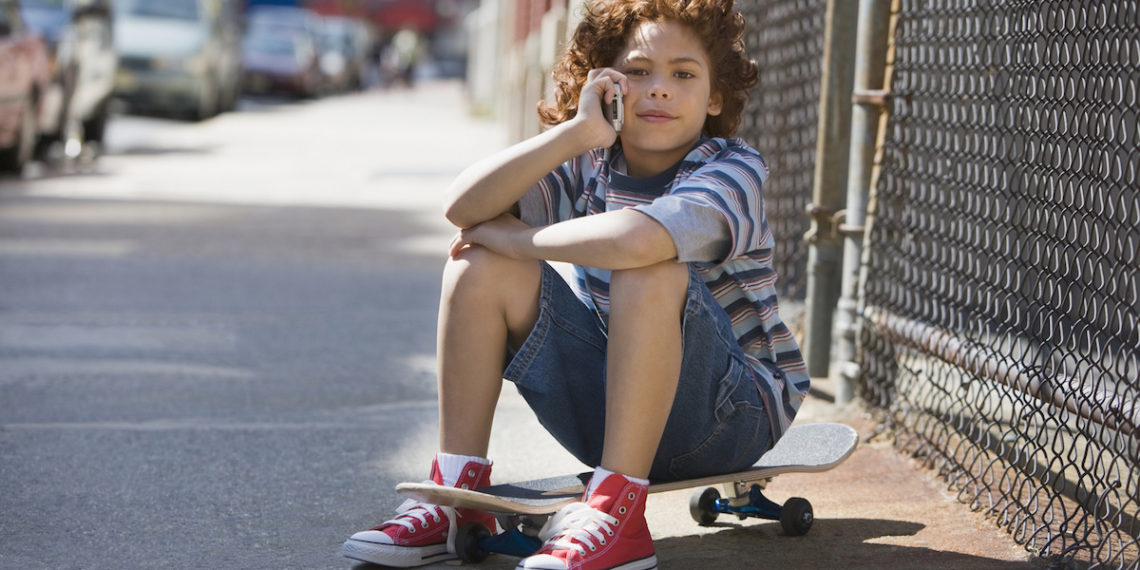
*The following is excerpted from an online article posted on PsychCentral.
New research suggests the impact of cell phones is dependent upon many variables, including the vulnerability of the teen.
Researchers attempted to answer the question of whether the next generation will be better or worse off because of smartphones? They discovered the answer is complex and often dependent on an adolescents’ life offline.
The research is discussed in a commentary appearing in a special edition of Nature that focuses on the science of adolescence. In the paper, Dr. Candice Odgers argues that smartphones should not be seen as universally bad.
Her piece highlights research on how teens use online tools to build up relationships and arrange activities in real life. However, she also examines evidence that vulnerable teens are experiencing greater negative effects of life online.
“What we’re seeing now may be the emergence of a new kind of digital divide, in which differences in online experiences are amplifying risks among already vulnerable adolescents,” writes Odgers. Odgers is a fellow in the Canadian Institute for Advanced Research (CIFAR) Child & Brain Development program, and professor of psychology and social behavior at the University of California, Irvine.
For the last 10 years, Odgers has been tracking adolescents’ mental health and their use of smartphones. In her survey of North Carolina schoolchildren, 48 percent of 11-year-olds said they owned a mobile phone.
Researchers said 85 percent of 14-year-olds said they owned a cellphone. However, despite digital technology’s widespread usage, Odgers noted that research has not found a negative association between mental well-being and “moderate” usage.
The negative impacts of technology show up when researchers take a closer look at demographics.
Teens from families with a household income of less than $35,000 per year spent three more hours a day on screen media watching TV and online videos than teens in families with an annual income of more than $100,000, according to a large-scale study in the U.S.
The increased screen time may also convert to more problems offline. Odgers’ survey results showed teens from low-income families reported more physical fights, face-to-face arguments, and trouble at school that spilled over from social media.
“In the past 25 years, income inequality and the opportunity gap between children from low-income families and their more affluent peers has been growing. They have increasingly less access to resources, and lower levels of adult investment,” says Odgers.
More research is needed to understand whether and how online experiences are worsening these inequalities, Odgers writes. She called for an interdisciplinary effort that brings together child and brain researchers with those working on human-computer interactions.
Source: PsychCentral
https://psychcentral.com/news/2018/02/22/no-simple-answer-to-impact-of-smartphones-on-teens/132878.html
Source: Home Word





